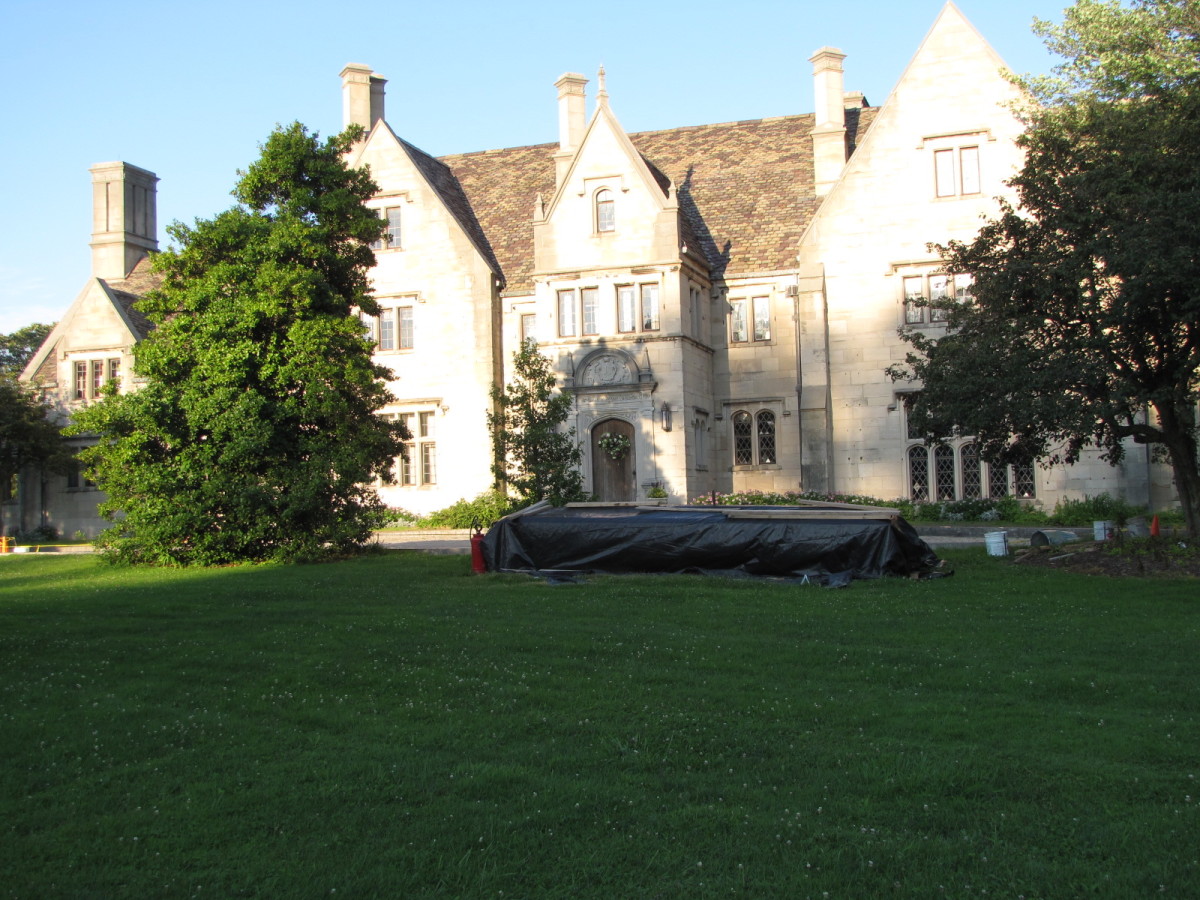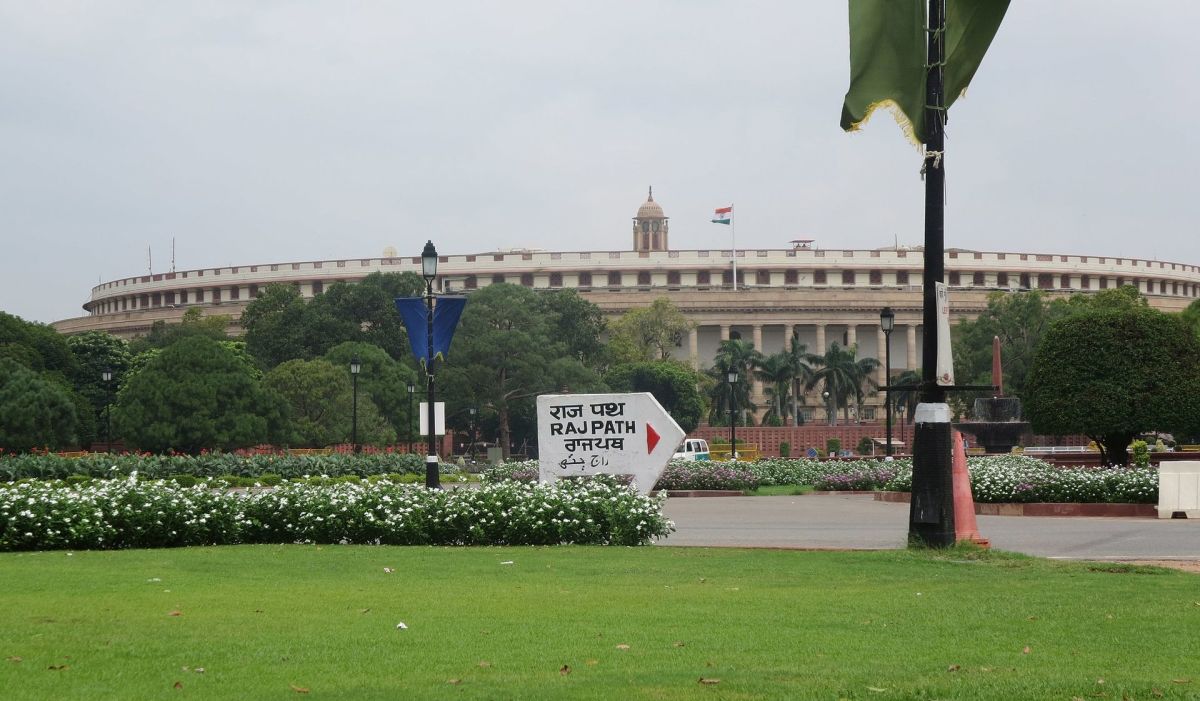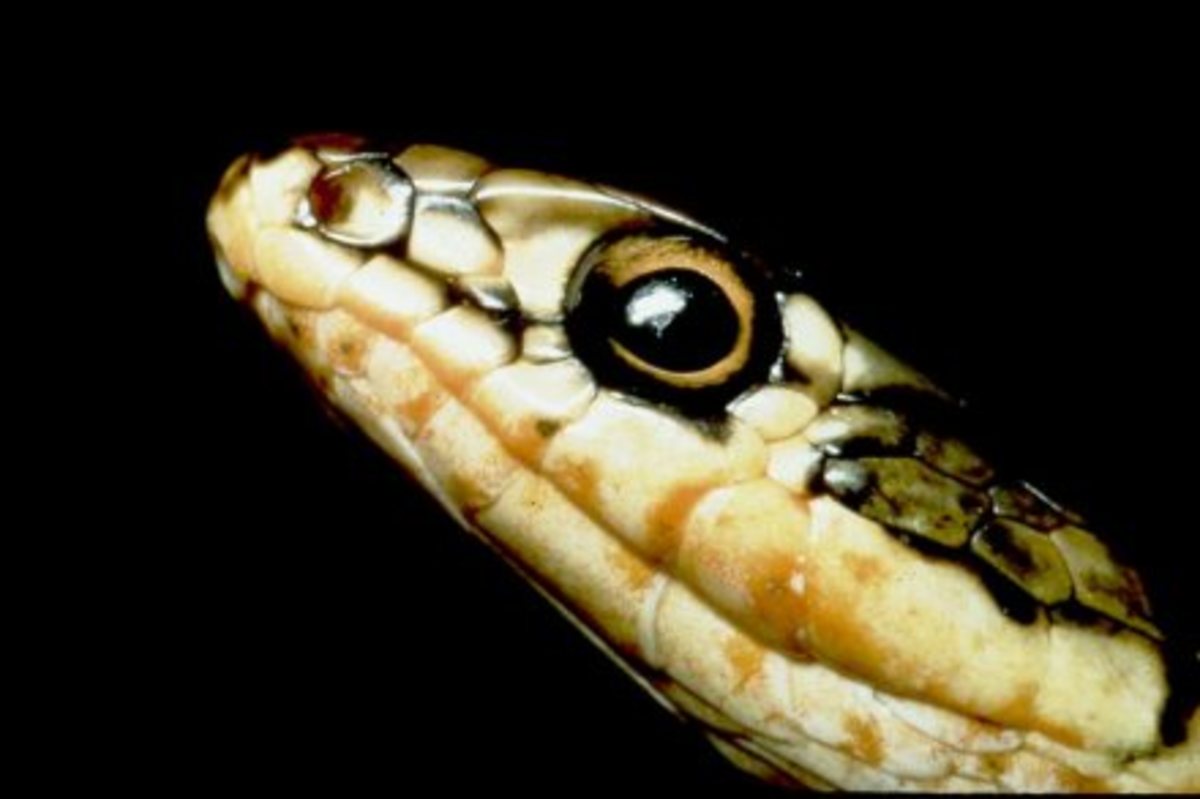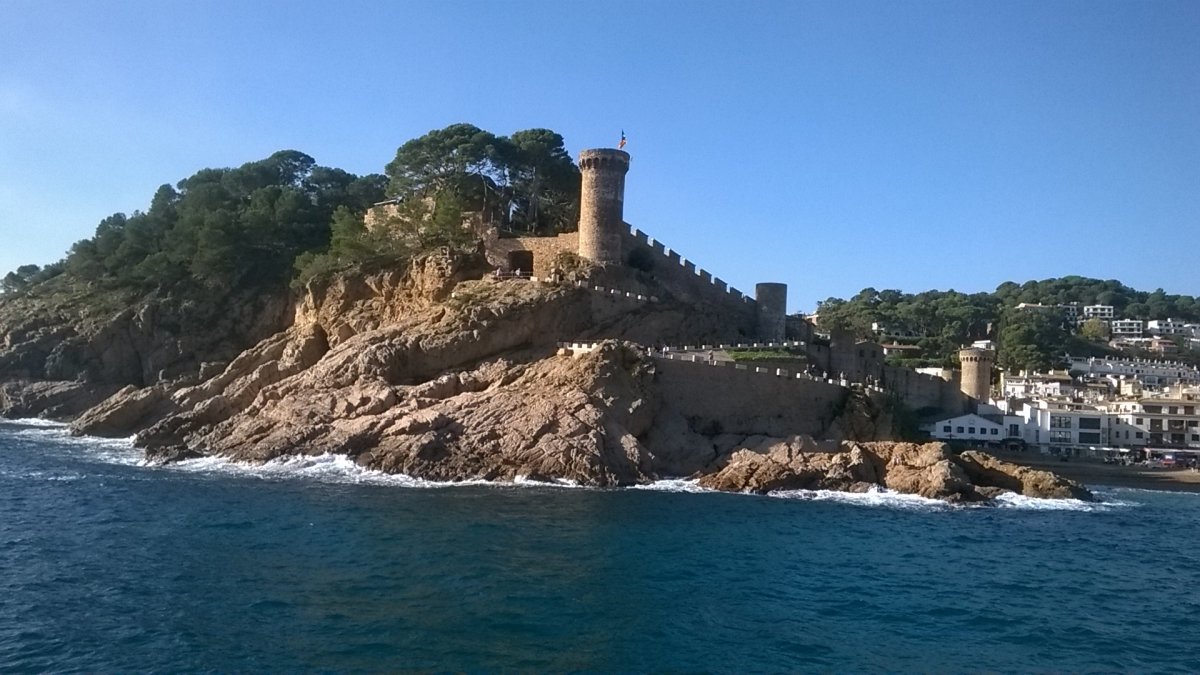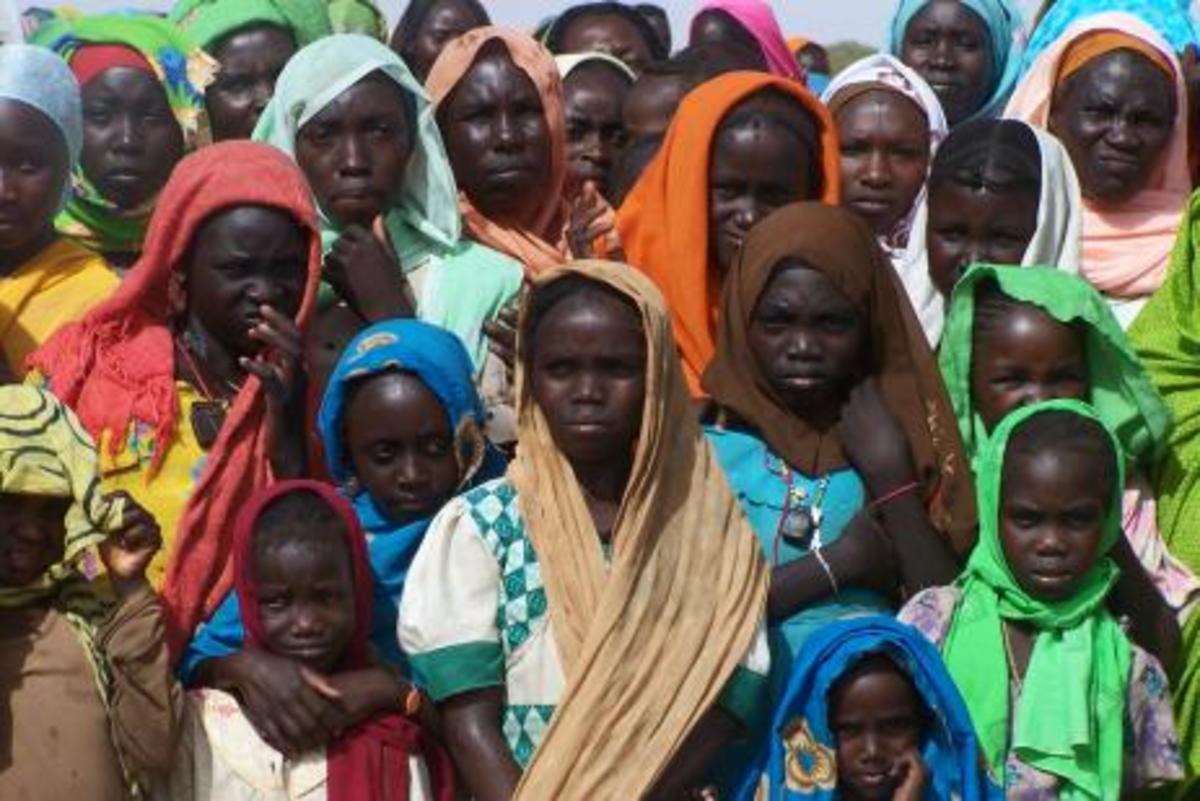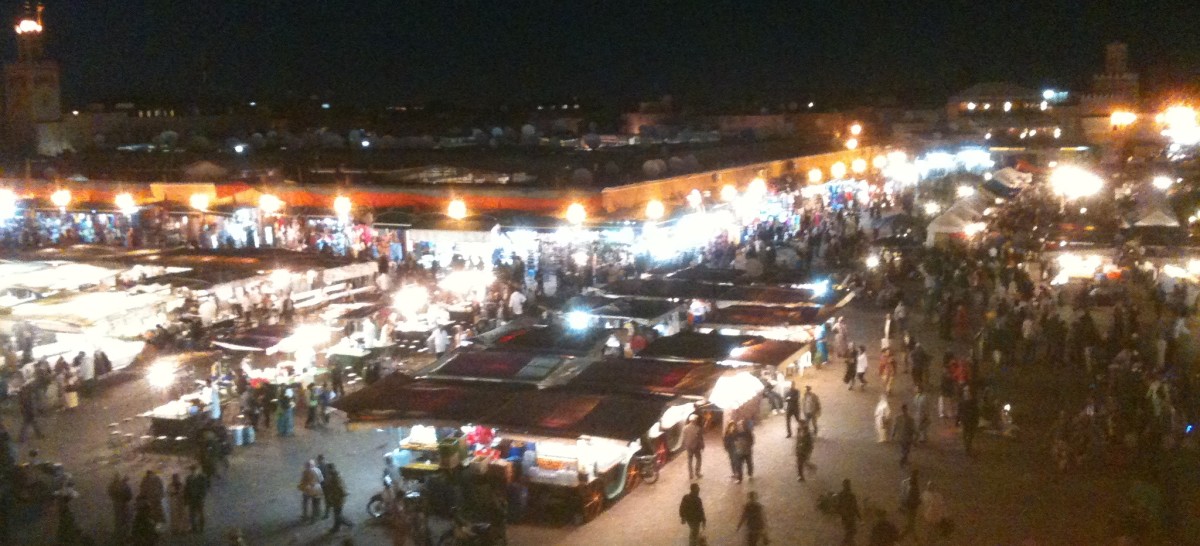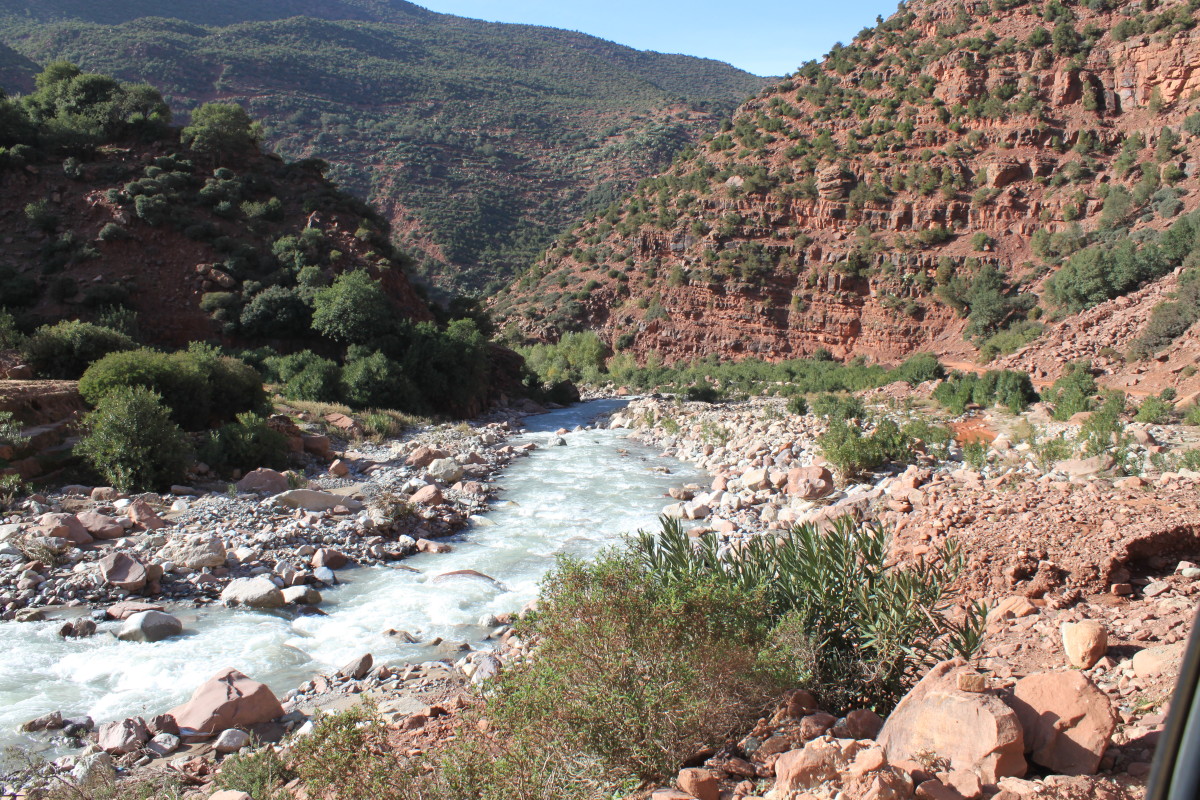- HubPages»
- Travel and Places»
- Visiting Africa»
- Travel to Northern Africa
A Taste of Tunisia
Sands of The Sahara
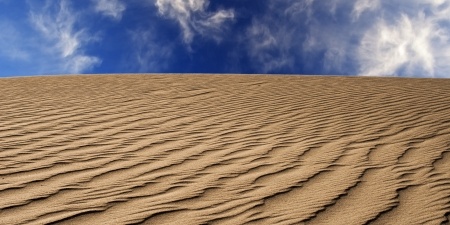
Tunisian Highlights
Tunisia is the smallest country in North Africa and arguably the most popular with tourists. At less than three hours' flying time from all UK airports, it is possible to experience a totally different culture for less than the cost of a typical family package holiday to Spain.
Hammamet Beach
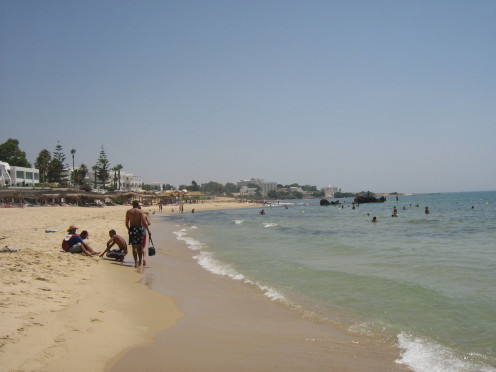
Thrifty Tourists Will Love Tunisia!
Hotels tend to be of a higher category but relatively inexpensive by European standards. Meals are usually self-service and there is a wide choice available to cater for all tastes although vegetarians may find the choice rather limited. A smattering of French is useful as menus are generally in French although most Tunisians speak excellent English and from an early age are conversant in most European languages.
The impressive beaches are clean, well-maintained and easily rival those of the Caribbean. The soft, white sand stretches as far as the eye can see, joining the four main resorts of Hammamet, Port El Kantaoui, Sousse and Monastir. The beaches shelve gently into the inviting Mediterranean offering a safe haven for bathing and water sports along the North African coastline. It is possible to walk for miles in either direction with no rocky outcrops or cliffs to halt your progress - or take a camel ride instead when the sand is too hot to walk upon.
Mediterranean Memories
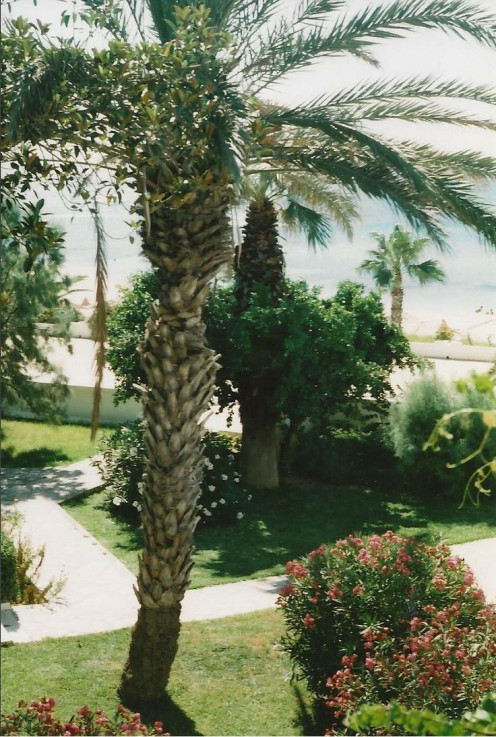
Be Lawrence of Arabia For The day!
Incorrigible sun-worshipers will find it hard to tear themselves away from the sheer hedonism of the coastal resorts but for the more adventurous it is possible to take a memorable two day or four-day safari into The Sahara Desert for a taste of the real Tunisia. These tours are best taken in the cooler months as in July when the sirocco wind blows the heat is intense like that of an oven. Away from cooling sea breezes, skin burns in seconds and eggs can be fried on a pavement! If you do brave the desert in the height of summer you will need five litres of water per day to survive. Even in air-conditioned coaches you can become bathed in your own sweat in a matter of minutes.
The desolate desert landscape of the south has been used as a location for several films. At Matmata are the Troglodyte caves where scenes from the original ‘Star Wars’ films were shot. You can have lunch in the underground restaurant which featured in these movies. You will be given the chance to dress up as Lawrence of Arabia and have your photo taken before going on a short camel ride. Seeing the sun set over an idyllic oasis makes a peaceful end to a day of adventure. Alternative desert excursions offer train rides through the Atlas Mountains, passing through dramatic scenery used as the backdrop for many ‘Westerns’.
If the idea of a jaunt into the desert is too daunting a thought, then there are numerous days out available along the coast. Catamaran trips from Port El Kantaoui are increasingly popular. This traffic-free resort, purpose built for the tourist industry in 1979 is the ideal spot for water sports. You can take an afternoon's voyage on a replica pirate ship with lunch included. No-one will force you to walk the plank at the point of a sword - instead, the vessel anchors in calm seas and everyone is more than willing to jump overboard in order to cool down. Fish, fresh from the Mediterranean is caught and cooked on board and is served with French bread and salad for lunch.
For children, a trip to North Africa's biggest Safari Park at Friguia is a must. Overlooking the coast and the Atlas Mountains, it is possible to stroll along elevated walkways and see wild animals such as elephants, lions, tigers and giraffes as they roam through beautifully landscaped enclosures. Have your photo taken with a friendly ostrich while you hold one of her eggs carefully in your hands and later to complete your visit you can stay for an evening's entertainment watching a real Zulu dance troop as you enjoy a typical Tunisian meal.
Flower Seller in Hammamet
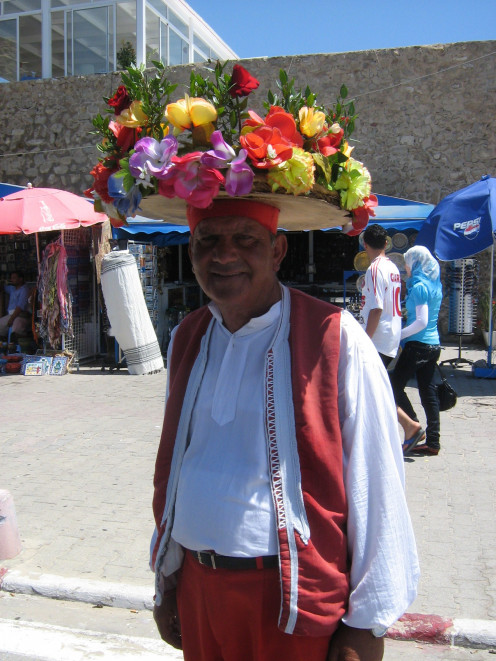
The Tunisian Life Style
Nightlife in the main resorts is largely low-key and hotel based. Most alcoholic drinks are imported and therefore expensive so Tunisia is not the holiday choice for drunken revellers. The consumption of alcohol although not forbidden is discouraged. Locally produced wines such as Magon are of a good standard and Celtia the Tunisian beer is popular with tourists and locals alike.
The haunting chant of the Muezzin calling the faithful to prayer is a frequent reminder that you are in predominantly Muslim country. Tunisia is the most liberal land in the Arabic world and its women hold a higher status here than elsewhere. Women are permitted to vote and polygamy has been outlawed; however, some Tunisian women are requesting it to be re-introduced! This is because the population is over fifty percent female and many women never get the opportunity to marry so would actually prefer to share a man rather than be lonely!
If you have a blonde teenage daughter please leave her at home or chose another holiday destination. You will be offered camels, Porsches and Ferraris by the dozen. Some hopeful suitors will even offer their entire shop. Nothing deters these eager Tunisian men, short of informing them that your daughter is already married with half a dozen kids!
To enjoy a typical Tunisian evening of entertainment and local specialities, a Bedouin feast is the ideal end to a perfect day. Here you can see skilled riders in glorious traditional costumes cavorting on horseback to the accompaniment of stirring music. Unbelievable balancing acts are performed with numerous pots, a bicycle and even a small child seated on a chair. There are strongmen and belly dancers to round off the evening with a grand finale. The food is plentiful if a little stodgy and spicy and you can even indulge in a sweet honey and fig cake which is said to contain over 1000 calories per portion! Lashings of thick tomato soup, a triangular pastry called ‘Brik’ containing egg or potato and platefuls of couscous, the Tunisian national dish will all guarantee to pile on the pounds.
Tunisia is an excellent spot for exploring Roman ruins, many of which are still surprisingly intact. The amphitheatre at El Djem, almost a carbon copy of the Coliseum in Rome, is an impressive sight. One of the best-preserved amphitheatres in the world, it featured in the film ‘Gladiator’, digitally re-mastered to restore the missing sections. With the aid of these modern techniques the producers even managed to do the same with the actor Oliver Reed after his death. Here at El Djem, you can walk in the dark tunnelled areas below the arena where wild beasts were held and starved to make them as ferocious as possible before they entered the arena. In Roman times there was space for 30,000 spectators and even now the amphitheatre is used for various productions with some of its original seating restored. At Dougga in the north are the impressive ruins of a Roman town. You may be disappointed at what little remains of ancient Carthage on the coast, but it is a breathtakingly beautiful setting and here it is possible to wander among the foundations of temples, communal toilets, and even houses of ill repute (built cleverly right next to the baths so not to arouse too much suspicion) even some of the roads through the town are in remarkably good condition.
Tunisia offers a variety of holidays for all tastes. Many cost-conscious retired folks spend the entire winter here, finding it cheaper than paying exorbitant heating bills back home. Painting holidays are also popular; one of the most painted places being the village of Sidi-Bou-Said with its quaint blue and whitewashed dwellings perched high on a hillside overlooking the clear, sparkling Mediterranean.
Whether it is a relaxing holiday you are after or one that has scope for exploration into the wonders of the ancient world, Tunisia will be sure to please.
The Roman Amphitheatre at El Djem
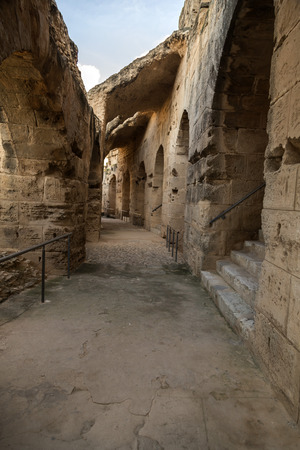
Searching for Sounvenirs
In the Medinas - the old walled towns, you will find plenty souvenirs worth haggling for; the finest Medinas are at Tunis, the capital, Hammamet and Sousse, the third largest city. Spices, leather goods, perfumes, brassware and jewellery are particularly good value. You can even buy magic carpets - well not quite, but if correctly addressed when purchased they will find their own way to your country of residence, thus saving you the bother of carrying them! Locals shop in the Medinas too and for a glimpse at the traditional way of life, a trip to these bustling places with their narrow, cobbled streets and pungent aromas is essential. Some shops, mainly in the modern part of the towns, now offer set prices for the fainthearted or those who find haggling too stressful. It is worth going here first so you are aware of the acceptable prices of items you are keen to purchase.
A trip to a weekly market can be well worth the time. Local stone and olive wood carvings and handicrafts can be bought here for a fraction of the cost back home. Decorated with brightly coloured motifs such as camels, fish and lemons, useful pottery and tiles are also a popular choice of souvenir.
Be wary of beach traders who will try to sell you anything from carpets to camel rides and can be annoyingly persistent. If you are not interested, be firm but polite and they will eventually get the message. One purchase you can make for one Dinar (about fifty pence) is confusing; it is some sort of salt crystal formation known as ‘Sahara bloom’. You will be told that it’s supposed to produce a spectacular light show if placed in water when light shines directly on it, but it will stand on your kitchen windowsill in a bowl after your return home and nothing will happen and you’ll eventually realise you’ve been conned.
Hammamet Hotels
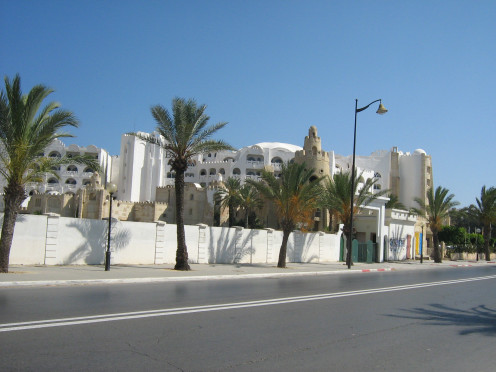
Tunisia, North Africa
Tunisian Travels
© 2015 Stella Kaye

